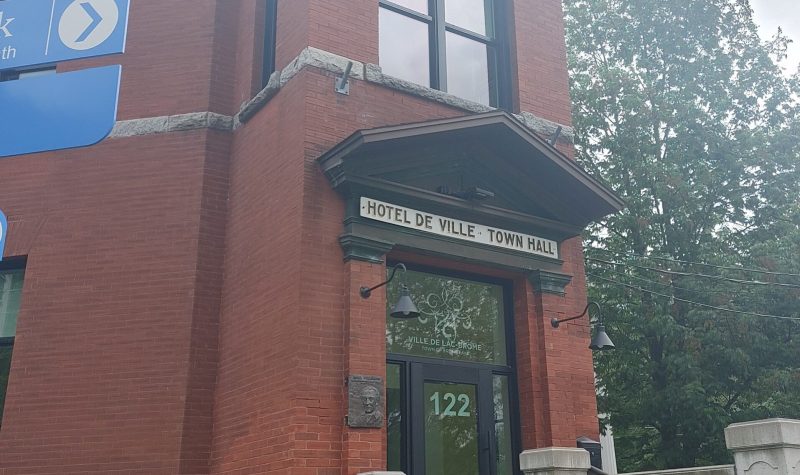The Town of Brome Lake has announced its new measures to control short-term rentals (31 days or less); a result of a series of discussions held over there last few months between a 12-member committee.
The committee was formed last year after the town presented Bylaw 596-12, a bylaw to regulate short-term rentals in the municipality, to Brome Lake citizens. A registry was held at the end of May that garnered around 380 signatures against the bylaw.
Rather than go to a referendum, town council decided to put together a committee made up of citizens for and against the bylaw, some of the town’s staff, and elected officials.
The goal of the committee was for members to participate in a series of discussions to try and come to a consensus that suited all parties and present recommended changes to the bylaw to town council.
While the committee didn’t reach a full consensus, all parties emphasized that the town needed to assert more control when dealing with nuisances and ensuring that those renting out their property abide by short-term rental regulations.
The new measures will allow homeowners across the municipality to rent out their principal residence. However, those renting out their secondary residence will only be permitted to do so in the 17 specific zones that have been identified within the municipality.
The measures will also ask homeowners, regardless of what type of property they are renting out, to obtain the proper permits from the municipality and from the Corporation de l'industrie touristique du Québec, the provincial body that regulates short-term housing.
“Back in 2019, the town council started looking at the impact of short-term rentals on residents because we were getting complaints from certain residents in the Bondville sector. (…) We tabled a bylaw last year and the population rejected it. So, we went back to the drawing board,” said Lee Patterson, councillor for the Town of Brome Lake and chair of the 12-member committee.
The committee was created last fall, it met for about 10 hours, and "they weren’t able to come up with a 100% agreement," continued Patterson.
“But everybody did agree that the town had to do more to control noise complaints, and so on, related to short-terms rentals,” he noted.
As of March 25, the “Quebec Government's Tourist Accommodation Act,” which establishes new rules applicable to tourist accommodation establishments, will replace the “Act Respecting Tourist Accommodation Establishments.”
The new act will allow all Quebecers to offer short-term accommodation in their principal residence, unless the municipality has banned short-term rental or has its own measures set in place; another reason why the town got the ball rolling to address short-term rentals in its own territory.
“Some towns have completely banned the short-term rentals. The problem with doing that is that we’ve noticed that in some towns, where it’s supposedly not permitted, people are still advertising on short-term rental sites,” said Patterson. “(…) The town council thought that rather than put our heads in the sand and ban it, knowing that people will be doing it, we decided to put in the regulations that we should be adopting.”
Patterson noted that while the committee didn’t come to a 100% agreement, all parties involved learned something from one another.
“For example, people in favour of short-term rentals explained the process of choosing renters. Those were against were able to highlight the fact that when you have several properties in your neighbourhood that are up for short-term rentals, well it takes away from the fibre of the community spirit,” he said. “(…) The discussions from the 12 members were always cordial and always moved the debate forward.”
One of the recommendations of the committee was to have more documentation listing contact information for those renting out their properties if ever there is a noise complaint or a nuisance.
“As well as better understanding of the access to property. For example, not blocking the street with excessive parking, late night partying, fireworks, those are things that the town is going to be requiring the people renting the spaces to be aware of,” mentioned Patterson.
Other measures include short-term rental operators having a sign outside their residence to indicate that the property is subject to short-term rentals and a cost per year to have a permit.
“We will now have on hand, which we didn’t before, when the people are renting, as well as the regulations that have to be put in place. For example, it can be something as simple as if you have an alarm system for the fire department,” added Patterson. “You’re tenant will have to know the code and who to call if there is a problem. All those simple things that seem to be basic, but unfortunately in the past have not always been put in place.”
Elected officials will give their approval to some of the changes, in particular changes made to the town’s permit by-law, at the monthly council meeting on Feb 6. Town council will follow up again at the scheduled council meeting in March.
Listen to the full interview below:


